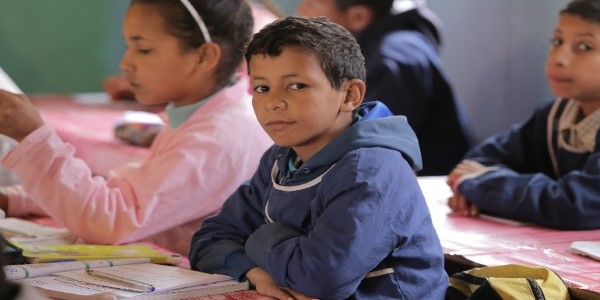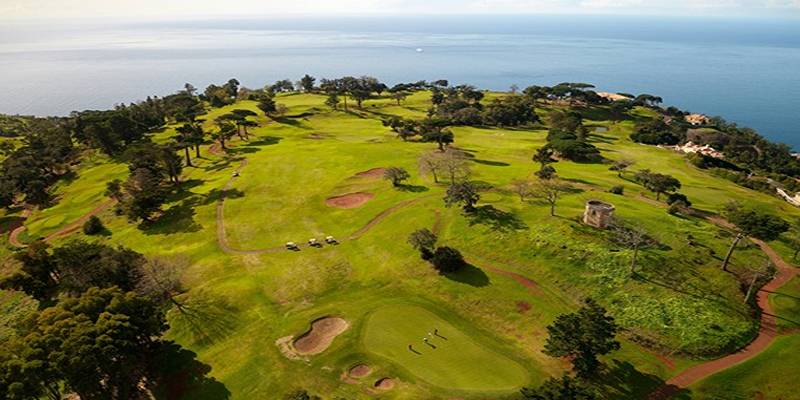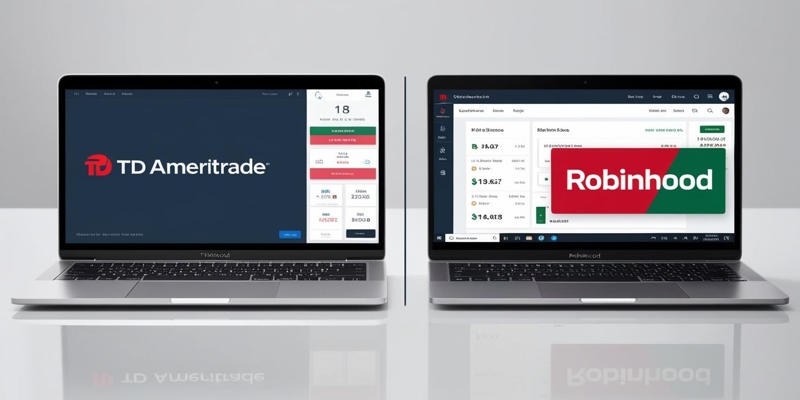Advertisement
Moving to Morocco is not just a change of scenery; it's a leap into a vibrant world filled with rich history, diverse cultures, and breathtaking landscapes. This North African country, positioned at the crossroads of Europe, Africa, and the Middle East, offers an unparalleled experience characterized by warm hospitality and culinary delights. From the bustling souks of Marrakech to the serene beaches of Essaouira, every corner of Morocco has a story to tell.
As you start on this exciting journey, understanding the logistical aspectssuch as visa requirements, cost of living, and cultural nuanceswill be crucial in ensuring a smooth transition. With the right preparation, you can fully immerse yourself in the Moroccan way of life, creating unforgettable memories along the way.
Discover essential tips for navigating visa requirements, housing options, and the vibrant culture of Morocco as you prepare for your new adventure in this enchanting country.
Before moving to Morocco, it's essential to understand the visa and residency requirements. Most tourists can enter Morocco without a visa for up to 90 days, depending on your nationality. However, if you plan to stay longer or work, youll need to apply for the appropriate visa.
To legally reside in Morocco, youll need a residency permit or carte de sjour. This process can be bureaucratic and time-consuming, requiring documentation such as a valid passport, proof of income, and sometimes proof of a local job offer. If you're moving for employment, your employer may sponsor your work visa, but always check with Moroccan authorities to ensure compliance with up-to-date regulations.
Morocco offers a laid-back lifestyle for retirees, but securing long-term residency requires navigating the visa application process well in advance.
Morocco is relatively affordable compared to Europe and North America. Your cost of living will vary depending on your lifestyle and the city you choose. Major cities like Casablanca and Marrakech are pricier, with rents for modern apartments ranging from $500 to $800 per month. If you opt for a smaller city like Fez or Tangier, rents can drop to around $300 to $500 monthly. Groceries are also affordable, with monthly costs averaging $150 to $300 for a couple, especially if you purchase local products.

Eating out and transportation are inexpensive by Western standards. A meal at a mid-range restaurant may cost around $10 to $15, while a taxi ride across town might be just a few dollars.
Housing in Morocco offers various options, from modern apartments in urban areas to traditional riads in the old medinas. Major cities like Casablanca, Marrakech, and Rabat are popular among expats due to their international vibe and amenities. Coastal towns like Essaouira and Agadir attract those seeking a more tranquil lifestyle.
If you're looking for authenticity, living in a traditional Moroccan riad (a house with an interior courtyard) in cities like Fes or Marrakech can be an enriching experience. However, these homes often require renovation and modernization.
Many expats choose to buy rather than rent due to Morocco's affordable property prices. This is a viable option if you plan to stay long-term, but be aware that buying property can involve navigating local laws and bureaucracy.
Adapting to life in Morocco may take time, but the country offers a rich cultural experience. The official languages are Arabic and Berber, though French is widely spoken, especially in business settings and urban areas. While you can get by with basic French, learning some Arabic will significantly improve your experience.
Morocco's hospitality is legendary, and Moroccans are generally welcoming to foreigners. However, expats often face cultural differences, including conservative social norms. Although Morocco is more liberal than some other Islamic countries, it's still important to respect local customs and traditions, particularly in rural areas.
Healthcare in Morocco has made significant strides in urban areas, with private hospitals and clinics providing adequate care. However, public healthcare may not meet the high standards of some expats, especially in rural regions, where access can be limited.
Most expats opt for private health insurance to ensure access to quality care, especially for specialist services. For major procedures, some choose to travel to Europe or return to their home countries. As healthcare quality can vary, its recommended to research and choose your healthcare provider carefully.
If you're moving to Morocco for work, be prepared for some cultural differences in the workplace. The most common sectors employing foreigners include education (teaching English or French), IT, and tourism. Morocco is also growing as a hub for outsourcing, particularly in the IT and customer service industries.

For families moving with children, the public schooling system in Morocco may not meet international standards. However, several international schools in Casablanca, Rabat, and Marrakech offer excellent education. Fees for international schools can be high, but they provide curricula such as the International Baccalaureate or French Baccalaureate.
Morocco is a country of stunning landscapes and vibrant traditions. Whether you enjoy hiking in the Atlas Mountains, surfing along the Atlantic coast, or exploring the historic medinas, there's no shortage of things to do. The country's diverse culture, shaped by Arab, Berber, and European influences, offers a wealth of festivals, music, and culinary experiences.
Exploring local markets, or souks, and indulging in Moroccan cuisine is an integral part of expat life. Tagine, couscous, and mint tea are staples, and many expats enjoy learning to cook these traditional dishes through cooking classes.
Moving to Morocco is an exciting adventure that offers a rich cultural experience, a lower cost of living, and beautiful landscapes to explore. By understanding the logistics of visas, housing, and daily life, you can prepare for a smooth transition into this vibrant North African nation.
While there may be challenges like bureaucracy and language barriers, the rewards of living in Moroccoits warmth, hospitality, and historyare well worth the effort. As you start on this new chapter, remember that with the right preparation, Morocco can become a second home rich in opportunities and experiences.
Advertisement

By Jennifer Redmond/Oct 10, 2024

By Darnell Malan/Dec 25, 2024

By Noa Ensign/Oct 18, 2024

By Susan Kelly/Dec 13, 2024

By Aldrich Acheson/Oct 29, 2024

By Nancy Miller/Oct 18, 2024

By Verna Wesley/Dec 25, 2024

By Susan Kelly/Nov 30, 2024

By Madison Evans/Oct 18, 2024

By Maurice Oliver/Dec 26, 2024

By Sid Leonard/Nov 10, 2024

By Martina Wlison/Dec 26, 2024